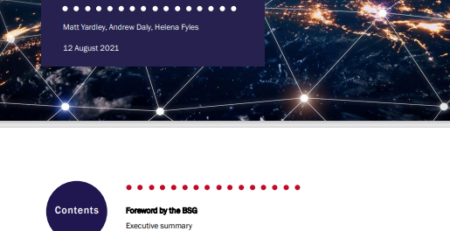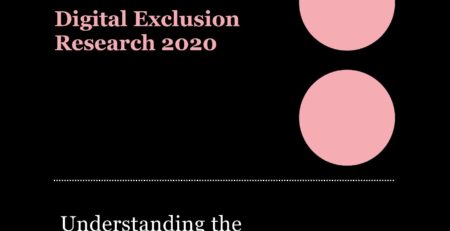Broadband providers launch new traffic management transparency code
New initiative will help consumers and policy makers make informed choices
Update, June 2013:
In March 2011, the BSG published, on behalf of the signatory ISPs, a code of practice on traffic management transparency. The code can be downloaded here.
The press release accompanying its launch is set out below, explaining the commitment contained in the code. In accordance with the code signatory ISPs subsequently published Key Facts Indicators in relation to their traffic management policies. Hyperlinks to this information from all signatory ISPs can be found here.
Please note that shortly after the issue of the below press release, EE signed up to the code in March 2011.
The latest version of the code, issued in May 2013, reflects the additional and subsequent signatories of the code: BE, giffgaff, KCOM, PlusNet and Tesco Mobile.
Orginal post:
BSkyB, BT, O2, TalkTalk, Three, Virgin Media and Vodafone will today sign up to a new voluntary commitment to provide better and more easily comparable information to consumers about traffic management. Together these companies account for 90% of all fixed-line broadband customers and 60% of all mobile customers in the UK.
The new code will ensure that consumers have access to more easily comparable information about the traffic management practices of different broadband providers. For the first time, information will be provided in a common format to explain what traffic management techniques are used, when and with what impact for each broadband service currently marketed by the code’s signatories.
Antony Walker, Chief Executive of the Broadband Stakeholder Group, which facilitated this voluntary industry code of practice, said: “There has been more heat than light in the debate about traffic management over recent years. This commitment to provide clear and comparable information in a common format is very important. It will not only help to ensure consumers are better informed about the services they buy and use, but will also provide a clearer picture for policy makers of the way in which traffic management is actually used in the UK market.???
The development of this code comes at a time when regulators and policy makers in the EU are agreed that more information should be provided about how and why traffic management practices are employed by ISPs. Some industry observers have also speculated that broadband operators may start to offer managed services that could prioritise the delivery of certain types of traffic such as video services. It is not yet clear whether this will in fact happen. But if managed services do emerge, this new code of practice will help to ensure that consumers and policy makers have access to clear and comparable information about the services being offered.
“Consumers need to be able to make informed choices about the services they buy and policy makers need to be able to make informed decisions about the policy and regulatory framework they set. This new commitment provides an essential building block for getting both of these things right??? said Walker.
The code will be piloted in 2011 by the signatories and its implementation will be reviewed in early 2012 to fine tune the approach. Interested parties, such as consumer groups, will be invited to provide feedback as part of the review process. It is also hoped that more ISPs will sign up to the code following its launch.
The new voluntary code includes three commitments:
- Firstly to provide more information to consumers about what traffic management takes place, for what purpose and with what impact.
- Secondly to comply with a set of good practice principles on providing information to consumer that is: understandable; appropriate; accessible; current; comparable; and verifiable.
- Thirdly to publish a common Key Facts Indicator (KFI) table, summarising the traffic management practices they use for each broadband product they currently market, which will be available on ISPs’ websites by end of June 2011. Interested customers will be able to access this information directly, however third parties, such as price comparison websites will be encouraged to communicate this comparable information to consumers in an easily accessible way.
Michael Phillips, product director at Ofcom-accredited comparison site Broadbandchoices.co.uk, welcomed the new code: “It’s important to tackle the confusion surrounding fair usage policies. The proposed KFI throws light on the facts by providing a rich bank of information on traffic management and download limits; ensuring households are in a stronger position to choose the right provider and package. We believe this will be an important tool to enhance consumer understanding of broadband packages, such as what fair usage policies mean in practice???.
Broadband providers launch new traffic management transparency code – press release in full





